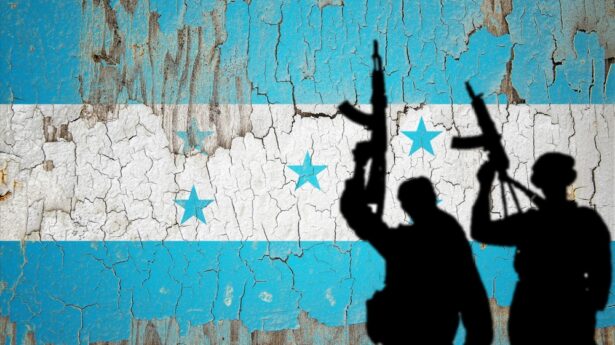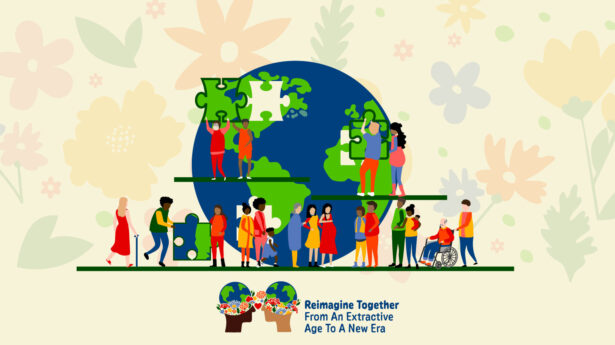The Unitarian Universalist Service Committee advances human rights through grassroots collaborations.
Responding to the recent tragedies
By on lipiec 8, 2016
This week’s news of the murders of two black men at the hands of their local police brought our attention once again to the question of what freedom and justice mean for everyone in our country. The killing of police officers in Dallas has raised a risk of that conversation being replaced, but instead, should add another tragic and painful reason for all of us to ask the question, “Why?”
There is no answer to senseless violence other than the fact that it has to stop. Shooting a man pinned to the ground, or a motorist pulled over for a broken tail light, is no more understandable than an attack on police who only a short time before had been working with the community to protect and support them. I struggle knowing that this particular police force has done good work to combat racism within their ranks. They, too, were innocent victims. As a religious leader, these events confirm for me the wisdom and truth of the axiom “violence begets violence.”
There is deep anger, frustration, and fear among people of color that they have been left alone, in silence and in shadow – to face the threat of murder by a law enforcement officer on any given day. According to a 2012 report, every 28 hours, a black man in the United States is killed by the police. Sadly, this is a fact that is likely underestimated.
For centuries, people of color have faced systemic racism, a culture of gun violence, severe economic disparities, and persistently high levels of unemployment. Racially-motivated murders by the police are certainly not new. But the ubiquitous cameras of today’s social media show graphic images of police abuse, and galvanize a new generation of people to demand an end to this form of institutional racism. White people are called to join voices with their siblings and kin of color to bring the privilege and power they carry to the cause of justice and human rights, and do so with maturity, sensitivity, and a sincere commitment to change.
Here are some suggested actions that white people, in particular, can take:
1. Contact local organizations led by communities of color who are addressing police violence in the community.
People of color have been facing the issue of police violence for decades, and their stories matter. Make space for people of color to share their stories and JUST LISTEN. A short list of groups to consider contacting are: your local NAACP, Black Lives Matter, Showing Up for Racial Justice (SURJ), YMCA and YWCA, a local chapter of the black sorority Delta Sigma Theta, historic black churches, and other religious groups led by people of color.
2. Make free and safe meeting space available in congregations to enable people of color to meet for healing and organizing.
Black Lives of UU has called to make these sanctuaries and other spaces available – and give people the space and time to do what they need to do. Providing a safe space that offers the promise of trust and solidarity is a sacred act of radical hospitality.
3. Be responsive – don’t lead, follow.
We must respond to the needs of communities of color and listen and provide support in the ways in which we are asked.
4. Speak to members of your city council and insist that they hold community dialogues about police violence and other issues facing people of color in your community.
Invite your city councilors to speak to the community about how incidents of police violence are documented and addressed, and about the training and support police are given to understand and meet the real needs of the community. Use your power and privilege in solidarity with communities of color to jointly hold your elected officials accountable to the community they serve.
5. Engage with police in your area who are committed to protect and serve the community.
Arrange for a mutually trusted group, such as a city or county human rights commission or local interfaith clergy group, to host a public meeting with senior members of your police department about issues such as police accountability, unconscious racial bias, and community policing. Create a space where members of the community and their local police can feel safe speaking about how to de-escalate the violence we all fear in today’s society.
6. 1)Learn more about these issues and their history.
Do the work. Read the books: The New Jim Crow by Michelle Alexander, Between the World and Me by Ta-Nehisi Coates, Waking up White by Debby Irving, and The Other America by Chris Crass. There are plenty of others. Face the reality of white supremacy, white privilege and white fragility so you can be in solidarity with those who suffer their consequences. Our liberation is bound up together. None of us are free if any of us are oppressed.
7. Volunteer to maintain a peaceful space at rallies and other kinds of political gatherings.
Given national tensions, this year’s political conventions may be the most contentious in decades. Organizers for non-violent rallies often need peace-keepers. Volunteers are signing up to offer their bodies as corridors of peace to prevent disagreements from escalating into violence. To learn how you can help, and get peacekeeper training in your area, contact Eli McCarthy, Director of Justice and Peace at the Conference of Major Superiors of Men.
These issues are not going away any time soon, and will only be resolved if we can find ways to work together and support each other. Let us be buoyed by the amazing work that is being done by so many people of good will to make a difference in the world. The very presence of people willing to name and stand up to the challenges facing our communities, our states, and our nation is vital. Our witness and our work are a necessity.

